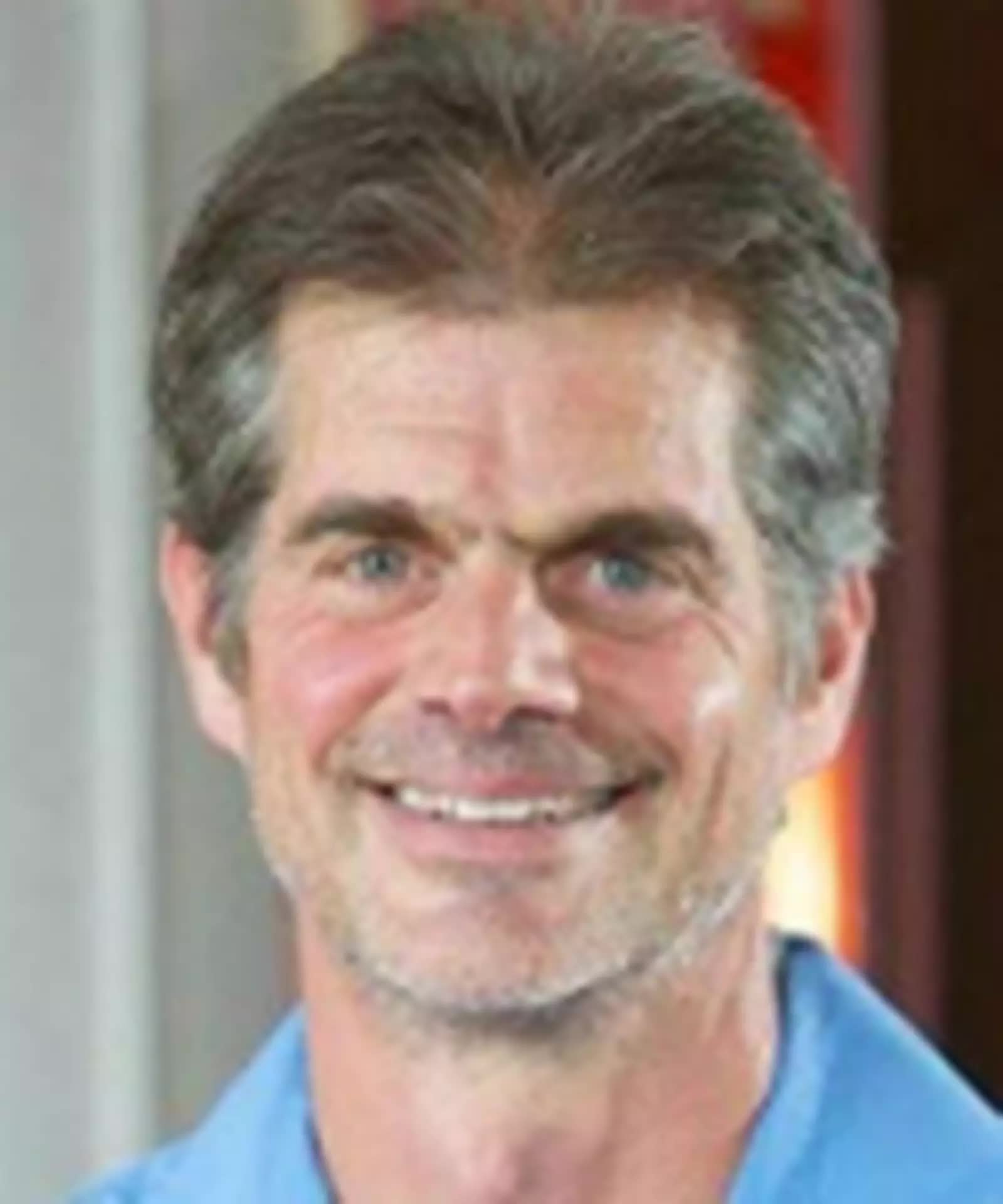The Importance of Treating Men, Not Just Their Addictions

One of every ten American adults struggles with an addiction to drugs or alcohol. Dan Gregory is not one of them.
In fact, Gregory has no personal experience with drinking alcohol, taking drugs, or even smoking cigarettes. After attending Christian schools, he married his high school sweetheart and had six kids and a successful career.
But when one of his sons began to struggle with drug addiction, Gregory decided to learn all he could about addiction and addiction treatment.
What he found was a broken system.
A Big Problem, and a Broken System
America’s substance abuse problems are widespread and getting worse. A 2016 Surgeon General’s report showed that nearly 8 percent of the adults and teens abused alcohol or illicit drugs, and another 5 percent misused prescription pain relievers. According to the Centers for Disease Control and Prevention, drug overdose deaths increased 30 percent from 2019 to 2020 and an additional 15 percent last year, with over 107,000 Americans dying of drug overdoses in 2021.
Addictions affect more than those who are addicted. According to Gregory, active addictions contribute to 70 percent of domestic violence incidents and 80 percent of child abuse incidents.
The U.S. has around 16,000 substance abuse treatment facilities. A typical addict considers treatment at one of them after he goes through a detox. If he doesn’t start treatment soon enough, then he is likely to relapse. Even if he starts treatment in time, however, there’s only a 20 percent chance that he’ll be drug-free a year later.
Why? One problem is that the typical treatment program lasts only 30 days. “There’s no money in long-term care,” Gregory says. “The primary question is, ‘How do we get reimbursed?’ As a result, most approaches are of the intensive, outpatient variety. They treat addictions, not people. But there’s no quick solution to addictions. You need life transformation.”
A man with an acute addiction needs three to six months just to establish new learning processes. He likely needs not just rehabilitation but habilitation, or introduction to the basic life skills necessary for daily functioning.
He won’t find what he needs at most treatment centers. After several failures to get sober and stay sober, a man begins to lose hope that he ever will lead a meaningful, purpose-filled life.
One man visited eight treatment centers, trying to get clean. “Every center I went to, I did the course,” he says. “I finished. I did what was asked of me. I did what I was supposed to do. I felt that I gave it 100 percent. But I would come out of these treatment centers, and I would go right back to the same environment.
“The downfall of my addiction was when I got introduced to heroin. That’s when my addiction took a hard left. Before, I could bounce back from the stuff pretty quickly but, when the heroin grabbed ahold of me, it put me down. It completely took control of my life. When I needed to get high, I needed to get high right now, by any means necessary. I had to do that.”
Finding Hope in Columbus
Frustrated with what he found among the available treatment options, Gregory decided he needed to do something, even though he had no background in addiction recovery and “no letters” behind his name.
Not knowing where to start, Gregory approached his pastor for advice. The pastor offered a radical proposal: define the right solution, and the church will partner with you to build it. Gregory spent the next three years developing his expertise and his strategy by talking to dozens of people with experience and knowledge. His goal was to find an organization that was doing things well, that could be used as a benchmark.
He found it a few hours south, in Columbus, Ohio. A center there called The Refuge was achieving good results through a holistic treatment approach. Gregory asked if he could take a “deep dive,” not only to understand the “secret sauce” of The Refuge but also to explore limitations experienced and mistakes made.
Tom Thompson, the leader of The Refuge for over 20 years, agreed. “This is ours to give away,” he told Gregory. “I’ll tell you everything I do. If you try something different and it works better, call me.”
“That’s the beauty of ministry,” says Gregory. You thrive by giving it away.”
“The Holy Spirit Is in This Place”
As he designed a center in the Akron area, Restore Addiction Recovery, Gregory adopted the same philosophy. “Our business plan is open source,” he says. “It’s not my plan. So many people contributed to it. We’re very willing to tell anyone everything we’re doing.”
One revelation to Gregory had to do with the physical structure of the Restore center. “We think that the actual facility and the land that it’s on is part of that healing process,” he explains. When his pastor asked Gregory, during a worship service, how the church could be praying, Gregory said, “How about 30 acres of beautiful property on which to build Restore? And we’d like to get it for free.”
The congregation laughed. A year later, Restore got an 18-acre plot. For free. In January 2021, it opened its doors.
The land, and the facility, are beautiful. “As we pulled onto the street, and I could see Restore in the distance,” recalls one of the men currently at Restore, “I said, ‘There has to be a catch. The place is so beautiful. Mom, please, turn around. This isn’t right.’
“Right away, as soon as I stepped in the front door, it was like nothing I’ve ever experienced. You feel the love. You’re embraced. The Holy Spirit is in this place. It’s really remarkable and amazing and breathtaking.”
Healing and Transformation
Restore defines itself as a Christ-centered, biblically-based, clinically-supported healing ministry. Its holistic approach lasts a year, but Gregory initially asks participants to commit for just a month. “For that first month, we let them breathe,” he says. Residents receive love from the staff and hear about the love of Jesus. A lot.
“After the first month, it’s 11 months of discipleship,” Gregory continues. “And service.” Part of that service is regular work at partner companies, which pay Restore, thereby enabling the program to be free for residents.
Restore wants men to do more than just defeat their addictions. Through integrated services, practical coaching and mentoring, and the building of healthy community, Restore empowers men to restore relationships, equips them for full-time employment, and prepares them to thrive in the real world. That’s a world where they have failed so many times in the past.
“I often hear people at Restore say this a place that’s safe to struggle,” says another man. “I came in looking for love. I came in wanting something different.”
And he has found it. “You get in Scripture a little deeper. You interact with each other. Your story starts being revealed. God begins to speak; you begin to hear. You start having hope. You start believing. You start seeing change, not only in yourself but in other people.”
For Gregory, everything at Restore—and, frankly, everything in life—is about the first two verses of Romans 12. Every day, we need to present our whole selves as a living sacrifice to God. When we do, we are no longer conformed to this world, but we are transformed by the renewal of our minds, with the Holy Spirit working in our lives.
“Ultimately, it is only Christ who changes lives,” says Gregory.
Photo Credit: ©GettyImages/sgolan20

Originally published June 24, 2022.







